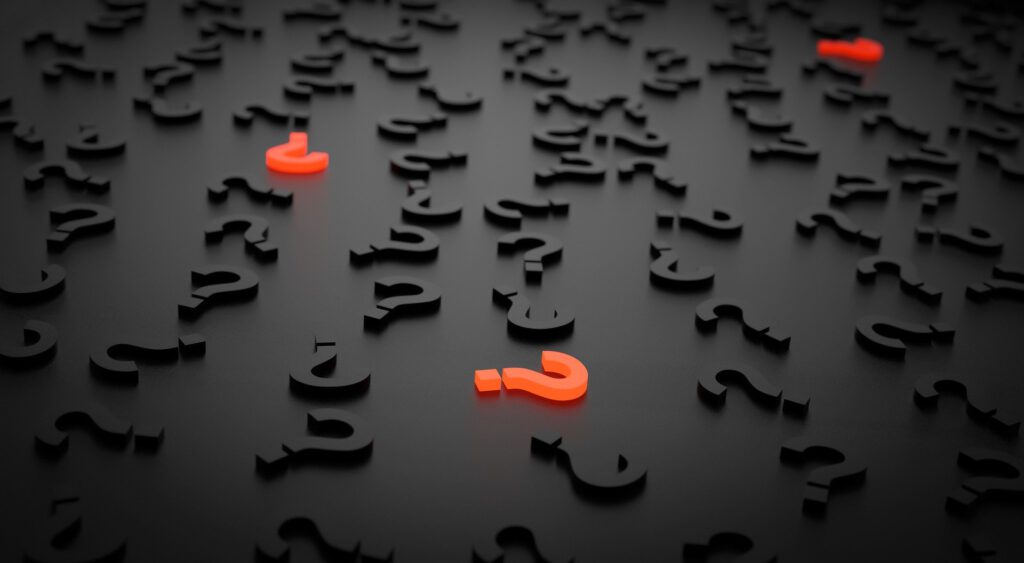“Miracle cure for cancer! Miracle cure for cancer! Folks, buy my miracle cure for cancer! Just invented, mechanism of action unclear, efficacy not proven …”

Fortunately, such a thing must not happen again in today’s medicine.
Before a new drug (or a new therapy) can be launched on the market, a plausible theoretical model of its effect must first be established. Then a number of clinical studies will have to be carried out in which such postulated efficacy will be tested. This is – very important – not simply per se, but always in comparison to a placebo or to already established methods/medicines (the “standard therapy”). Only if a repeatable efficacy can be proven here, a drug can be approved as such (this is, of course, very much abbreviated here). This approval must be obtained by the company wishing to place the drug on the market. The primary objective is not only to bring it onto the market but also to provide patients with a cure. Science and business sometimes compete with each other here, but this is not supposed to be an issue now.
It is important to note that it is not up to the patient, who has the drug advertised or even prescribed, to find out about the mechanism of action or proof of efficacy. No, therapy must be tested and documented beforehand by them who wants to carry it out.
Where’s the evidence?
What about homeopathy? The difference to new drugs is that it is not new to the market, but has been around for about 200 years. So it has already established itself and in many people’s minds it has made itself comfortable with the label “works!”. Now the “evil” critics come along and call on homeopathy to prove itself to be actually effective according to the standards and methods of the above-mentioned processes which are indispensable in medicine and for application to the patient.
And what does homeopathy do? She doesn’t say: “Oh yes, that’s how things work in the medicine we want to belong to: Therefore, we first prove according to valid scientific rules that homeopathy has reliable, reproducible and above expected random effectiveness beyond placebo effects. We furthermore explain our ideas of mechanisms of action in such a way that they can be understood scientifically. We want our patients to be sure that what we offer them is right and not just get (or keep) a label that we like.” No, that’s not what homeopathy admits. Instead, it claims for its right to exist in medicine with the postulate that homeopathy “pleases” the patients! Which nobody denies, but which is really not synonymous with “effective”.
It would, therefore, be up to homeopaths to first prove an effect of homeopathy, and to do so in a comprehensible and reproducible way. The mechanism of action can be neglected at first, but it is to be expected that it will be explained at some point in such a way that it is understood and plausible within the valid standards of medicine and in the context of valid knowledge. But homeopathy fails miserably because of this. The proofs of efficacy do not convincingly go beyond comparison with placebo or are simply flawed. There are many theories and experiments on mechanisms of action but they are neither compatible with valid knowledge nor able to withstand critical scientific scrutiny.
That’s the thing with homeopathy. It cannot meet the requirements for proof of efficacy. In this respect, the second step, the explanation of a mechanism of action, no longer plays a decisive role. This means, however, that homeopathy continues to make embarrassingly blatant assertions in order to gain a place in medicine without being able to substantiate these assertions. It follows that it can no longer be part of medicine.


